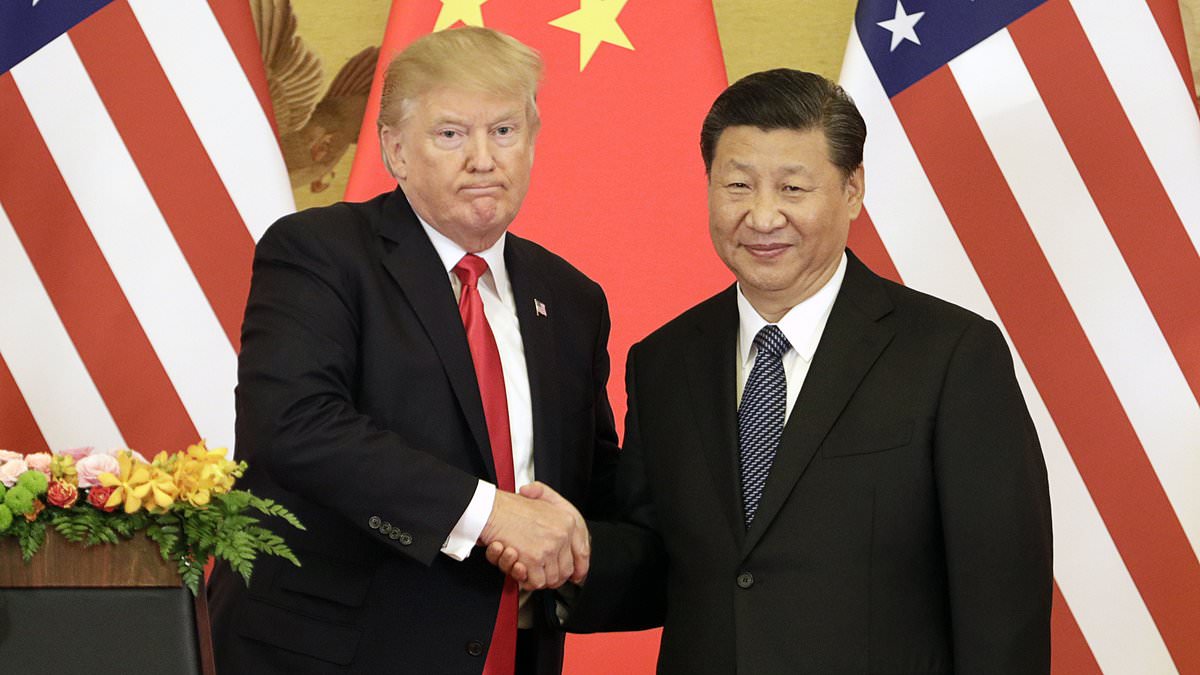
According to a new poll, Australians are more concerned about former U.S. President Donald Trump’s unpredictable trade tariffs than the growing military strength of Chinese leader Xi Jinping. The Newspoll, conducted last week, highlighted a division in national priorities, with economic penalties from the U.S. taking precedence over Beijing’s military ambitions.
Poll Results: Key Findings
The survey polled 1,283 Australians between Monday and Thursday, revealing that 42% of respondents viewed U.S. trade tariffs as a more significant threat, compared to 37% who expressed greater concern over China’s military build-up in the Indo-Pacific region. Meanwhile, 21% of voters remained neutral on the issue.
The results also underscored notable partisan differences. Among Labor and Green voters, 55% and 60% respectively considered U.S. tariffs more troubling, while only 29% of Coalition and minor-party voters felt the same. Conversely, 50% of Coalition supporters and 49% of minor-party supporters were more alarmed by China’s military advancements, compared to just 26% of Labor voters and 22% of Greens.
Anthony Albanese’s Rising Approval Ratings
In a positive shift, the poll revealed that Prime Minister Anthony Albanese has entered positive territory in public approval ratings for the first time since September 2023. With a net approval rating of +3, 49% of voters expressed satisfaction with his leadership, while dissatisfaction levels dropped to 46%.
Notably, Albanese’s approval numbers had last peaked in July 2023, with a 52% satisfaction rate. This improvement in popularity comes amidst a backdrop of economic challenges and political shifts. By contrast, Sussan Ley, the current Coalition leader, saw her approval rating decline to -9, marking a worsening scenario for the opposition.
Changing Support Among Political Parties
Primary vote trends indicate that Labor remains steady at 36%, maintaining a two-party-preferred lead of 56% to 44% over the Coalition. However, the Coalition and One Nation both saw slight gains in their primary votes, increasing to 30% and 9% respectively. Support for the Greens remained steady at 12%, while others, including independents, fell from 15% to 13%.
The Coalition continues to grapple with its worst primary vote performance since Newspoll began tracking party comparisons in 1985, underscoring the challenges ahead in rebuilding voter confidence post-election.
Public Concerns Highlight Geopolitical Tensions
As Australia navigates an increasingly complex geopolitical landscape, these poll results reflect divergent public concerns about global challenges. The growing anxiety over Trump’s trade tariffs signals economic fears, while China’s escalating military presence fuels security debates. This divide suggests that political and socioeconomic factors significantly influence Australian voters’ perceptions of global threats.
Whatever the outlook, the poll underscores the importance of addressing both trade and security concerns to ensure Australia’s stability in an unpredictable global environment.



